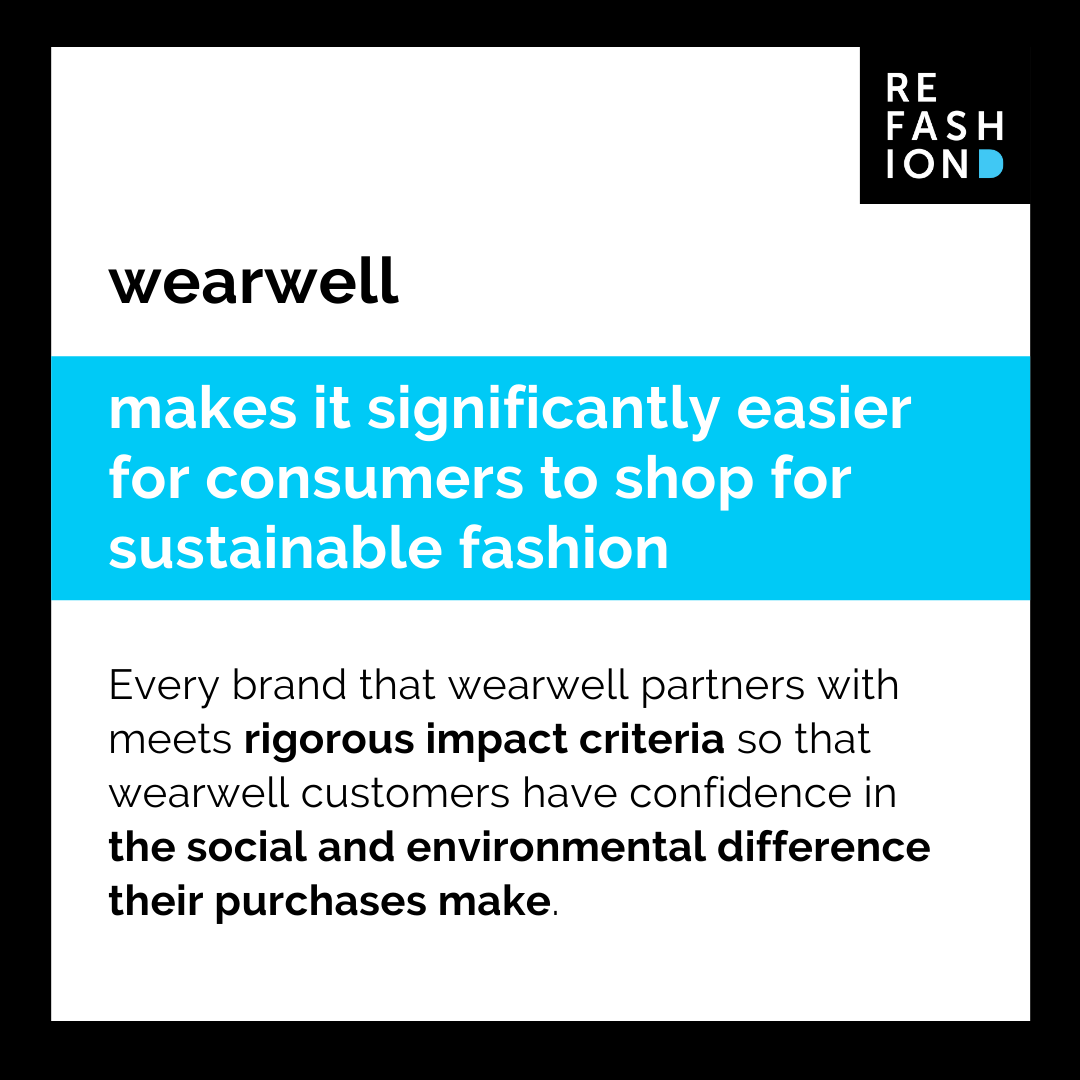Why We Invested: wearwell
I have often told the anecdotal story about my first day of class as an adjunct professor of supply chain & operations management at New York University’s Tandon School of Engineering during the Spring 2020 semester; Having started the semester, and that lecture with a discussion about why supply chain and operations management is the most important function within any company, I invited comments from my students. The conversation quickly turned to how supply chains in the fashion and apparel industry are destroying the environment.I was completely unprepared for the animated and incandescent rage that was directed at fast fashion brands.
The Problem
One comment that some in my class made that day, and that is echoed in market research on the topic is that; For the individual consumer it requires too much cognitive effort to conduct research into which brands embrace and adhere to high environmental, sustainability, and governance (ESG) standards in their supply chain operations. As a result, already starved for time and attention, most consumers revert to incumbent brands and retailers because there aren’t many easily accessible and convenient alternatives.
This is where wearwell comes in.
wearwell: Making it Significantly Easier for Consumers to Shop for Sustainable Fashion & Apparel
wearwell is building a community-powered ecommerce platform that marries the growing interest in ESG considerations with ecommerce technology and the power of community to help new fashion and apparel brands find consumers, and to aid individual consumers seeking new fashion and apparel brands that align more closely with their sustainability, environmental stewardship, ethical, and governance preferences.
Every brand that wearwell partners with meets rigorous impact criteria so that wearwell customers have confidence in the social and environmental difference their purchases make.
Changing Consumer Attitudes Towards Supply Chain Choices in Fashion & Apparel
Consumer sentiment is shifting as the climate crisis accelerates. News reports such as; Customer Sentiment: Pricing vs. Ethics of Sustainable Fashion, Customers care more about sustainability post-lockdowns. Now what?, and Survey: Consumer sentiment on sustainability in fashion document and highlight the still nascent but perceptible shifts in the way the public views sustainability in the fashion and apparel business.
At the same time, surveys indicate that consumers find it challenging to find sustainably produced clothing to buy; Survey: 1 in 3 Consumers Would Do All Their Shopping at a Sustainable Clothing Store, if One Existed.
As this is happening, governments around the world are waking up to the negative impact that the fashion and apparel industry has on the natural environment, and are beginning to enact laws to push the industry towards more sustainable practices and standards. This is documented in the news; The Fashion Pacts: New Laws and Pacts to Change the Future of Fashion and When it Comes to Cleaning up its Act, Fast Fashion is No Fast Fix provide examples of what is happening in this regard.
As severe weather events become more prevalent, consumer sentiment will become more negative towards traditional fashion retail and more positive towards more sustainable fashion and apparel retail brands. This will increase the likelihood of regulations in favor of sustainable fashion brands and serves as a tailwind for startups like wearwell.
The Global Fashion and Apparel market is large, and growing. Fashion United estimates annual revenues for the Global Fashion and Apparel market at about $3.0 trillion and roughly 2.0% of global GDP. Fashion ecommerce in the United States accounts for 30% of fashion retail sales, most recently at more than $100 billion for fashion ecommerce in 2020, with that proportion increasing steadily as mobile devices become more reliable for shopping and fit technology becomes more ubiquitous, user-friendly, and accurate.
As the climate crisis increases in severity, conscious consumerism should increase more quickly than has happened in the past; The EVOLUTION of the Conscious CONSUMER provides a snapshot of some of the changes that are taking place. We expect these trends to drive consumers more towards sustainable fashion for the reasons outlined in this Wikipedia entry on sustainable fashion and in this article published by the Guardian; ‘No point in anything else’: Gen Z members flock to climate careers - Colleges offer support as young people aim to devote their lives to battling the crisis and this article published by Pitchbook, which highlights the changing attitudes of VCs towards ESG issues; 'Earned wage' startups winning over VCs with an ESG agenda.
Surveys suggest that about 58% of Americans now identify as conscious consumers and it's most prevalent among Millennials. As that generation gains buying power and inherits wealth, that trend will continue to strengthen in favor of startups like wearwell. Stories such as this October 7 article in Business Insider about unsold fast fashion inventory that is forming a mountain of waste in the Chilean desert will only strengthen public sentiment against current supply chain and operations management practices in the fashion and apparel industry.
A Team of Social Entrepreneurs Fortified with Media and International Development Experience
Erin Houston, Cofounder & CEO, and Emilly Kenney, Cofounder & COO, met as graduate students at American University, and have been working on and refining the idea that is now wearwell since they were in grad school. This means they have been working on wearwell together since 2015.
Erin brings experience working in media strategy, strategic communication, membership development, and partnership development, and significant experience building, managing, and growing teams. She holds a Master’s Degree in Social Enterprise, with a focus on Ethical Fashion and Sustainable Supply Chains. Emily brings years of international development experience, on the ground in Cambodia, Honduras, and India. She holds a Master’s Degree in International Development.
Erin and Emily understand the problem they are solving intimately. They exhibit a high degree of empathy for their customers; In all our conversations with them they have demonstrated great focus on the needs of their members, the individual consumers who are the customers of wearwell’s brand partners. They are taking a deliberate and considered approach to recruiting and onboarding wearwell’s brand partners, an approach we believe is the right one given the risks associated with the alternative.
Their approach to solving this problem building a platform that both makes it easy for the consumer to exercise their purchasing power and for the brands prioritizing ethics and sustainability to access their target market has led them to grow to 1,400 paying monthly members, a 94% retention rate, and 45+ brand partners all before raising their seed round.
wearwell is closing its current round of fundraising in December 2021 which will give the team an 18-month runway. Feel free to reach out to Erin, the CEO (erin@shopwearwell.com), if you’re interested in learning more about the round, which is being raised as a Simple Agreement for Future Equity (SAFE). You can also follow wearwell on Instagram.



